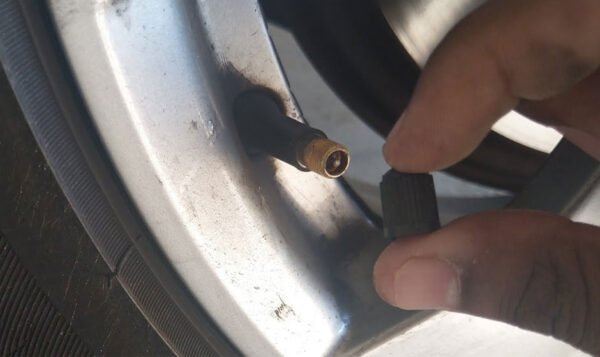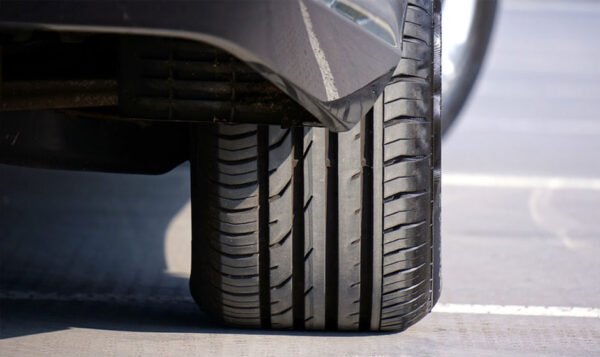How to Look After Your Vintage Car

A classic car makes for an exciting investment – particularly if you have an enthusiasm for vintage motoring and engineering. If you’re going to protect your investment, however, then you’ll want to learn about the car, and how to maintain it. After all, this is a complex piece of machinery that’s vulnerable to wear and tear over the years.
Ways to take care of your vintage car
Let’s run through a few ways to protect your vehicle over time.
Check the fluids
Your levels of coolant, oil and brake fluid will all need to be monitored. Don’t just pay attention to the quantity of these things, but their qualities, too. Look at the colour and consistency – if you understand how things are supposed to look when everything is working perfectly, then you’ll be able to spot problems as they develop later on.
Keep it in the garage
It might sound obvious, but prolonged exposure to the outside world will age your car prematurely. If you have the option to keep your car in a garage, then you should do so. If possible, keep the vehicle under a protective cover – that way, it won’t collect dust.
Top up the battery
When cars are kept in storage for a long time, the battery will naturally begin to lose its charge. Connect yours up to a conditioner or a trickle charger in order to avoid this problem. If your car loses its charge, then you might have to replace the battery entirely – which can be expensive. Jump-starting a classic car, moreover, can cause damage. This is an instance where prevention beats cure every time.
Insure your car
It’s a legal requirement for cars driven on British public roads to be insured. Ideally, you’ll want to look for specialised forms of insurance that suit the nuances of your vehicle. Finding the right car insurance for you is always worthwhile, even if it means spending a little time shopping around.
Service regularly
Your car will benefit from regular servicing. Think of this as protecting your investment over the long term. Look for a mechanic who specialises in the sort of car that you own. Often, you’ll pay extra for the expertise you need – but the expense is often justified.
Pay attention to bodywork
Taking a car out on the road means exposing it to the risk of small projectiles flying up and scratching the paintwork and glass. In some cases, you’ll be able to fix these imperfections yourself. Where damage to the windscreen is concerned, it’s a good idea to take action quickly – since delay might cause the problem to expand, which might mean that the entire windscreen ultimately needs to be replaced.



